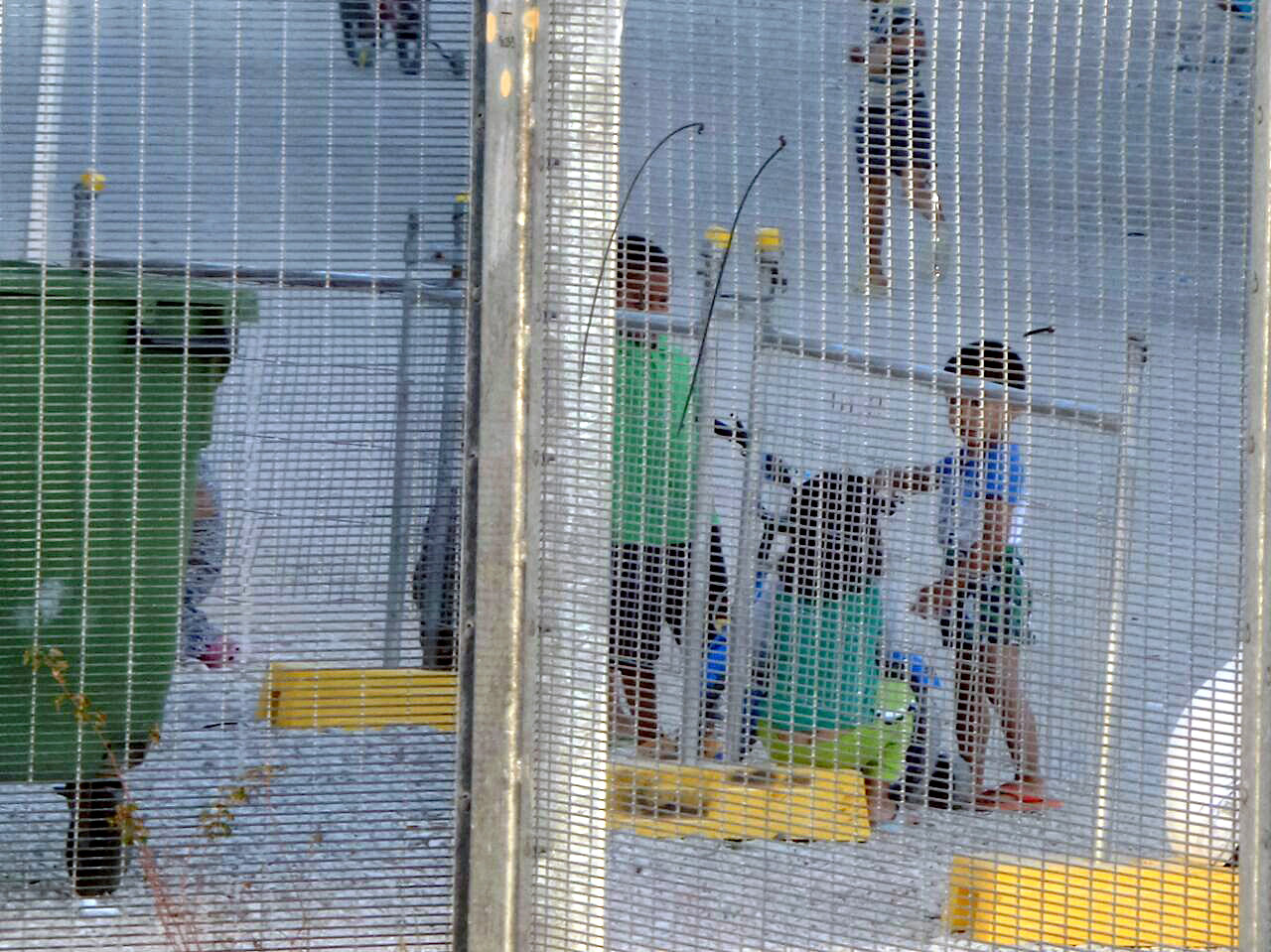
MOSCOW (Reuters) – The Moscow office of rights group Amnesty International has been sealed off by municipal officials without warning and staff cannot get inside, the group said on Wednesday.
Alexander Artemyev, a staff member, told Reuters that official seals had been placed on the entrances to the office, the locks had been changed, and that power to the office had been cut off.
An official notice left behind said the building was city property and that nobody was allowed to enter without being accompanied by a municipal official.
John Dalhuisen, Amnesty International’s Europe Director, said he did not know what had prompted Moscow authorities to seal off the office, calling it “an unwelcome surprise.”
“Given the current climate for civil society work in Russia, there are clearly any number of plausible explanations, but it’s too early to draw any conclusions,” Dalhuisen said in a statement.
“We are working to resolve the situation as swiftly as possible and very much hope there is a simple administrative explanation for this setback to our work.”
Amnesty, which was founded in London, frequently criticizes the Russian authorities over what it says are human rights violations. It said it was confident it had fulfilled all its obligations as a tenant.
A representative of the Moscow state property department, from which Amnesty rents the office, said they had no immediate comment.
Rights groups that receive foreign funding and are critical of the Kremlin have come under pressure from the authorities in the past few years. Some have been designated as “foreign agents” which makes them subject to intense scrutiny from officials.
Kremlin spokesman Dmitry Peskov said he was unaware of Amnesty’s office problems.
(Reporting by Svetlana Reiter; Writing by Christian Lowe/Andrew Osborn; Editing by Christian Lowe)

